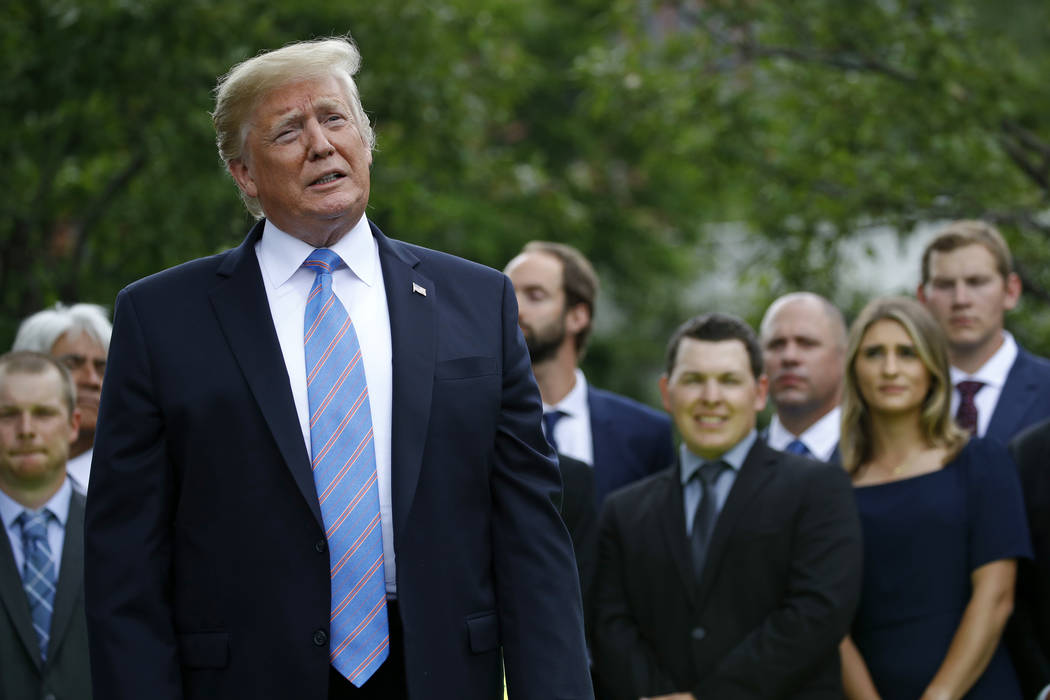EDITORIAL: Court blocks Trump’s efforts to block Twitter critics
On its surface, a federal court ruling Tuesday that President Donald Trump may not block critics on his Twitter account seems odd. Where is the First Amendment violation in allowing users to control access to their personal social media platforms?
In fact, however, the 2nd U.S. Court of Appeals makes a persuasive case that the president’s Twitter feed isn’t simply his own personal account. Instead, the court ruled, it has essentially become a public forum that Mr. Trump uses for official government business and is thus subject to restrictions on content-based speech regulation.
“Once it has been established that the president is a government actor with respect to his use of the account,” the unanimous ruling notes, “viewpoint discrimination violates the First Amendment. … While he is certainly not required to listen, once he opens up the interactive features of his account to the public at large, he is not entitled to censor selected users because they express views with which he disagrees.”
It’s hard to argue with that reasoning. Mr. Trump does indeed present his account as the voice of his office, releasing policy positions and making political pronouncements through Twitter. His tweets have even been designated official records that must be preserved by law.
While not entirely analogous, the case bears a resemblance to a controversy that developed in Lyon County in 2014 involving county commissioners and their personal cellphones.
The dispute stemmed from a decision in 2014 by Lyon County to reopen a mining operation in the area. The Comstock Residents Association — which opposed the plan — used Nevada open records law to seek emails and other communications between county commissioners and officials with Comstock Mining. The county provided records maintained on government servers and cellphones, but refused to turn over documents from private email addresses and phones used by commissioners — even though it acknowledged commissioners had used such personal accounts to communicate about the issue.
Last year, however, the Nevada Supreme Court ruled that government officials can’t avoid scrutiny by conducting the public’s business on their own personal devices. Official communications between commissioners and the mining company were public documents regardless of whether they were carried out on private cellphones or computers.
The ruling made sense. Likewise, Mr. Trump can’t escape constraints on government behavior by using private devices or platforms to conduct official business. Like the Nevada Supreme Court, the 2nd Circuit got it right.

















